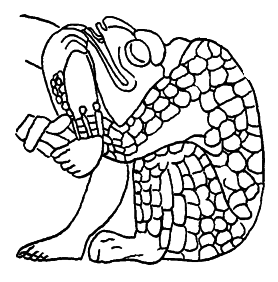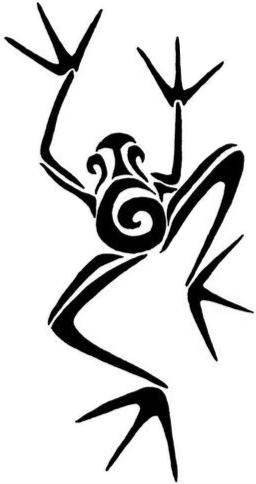An anthropological consideration for appropriating ethnomedical knowledge for modern medicine

An anthropological consideration for appropriating ethnomedical knowledge for modern medicine.
An anthropological consideration for appropriating ethnomedical knowledge for modern medicine

Key words:
ethnomedicine, modern medicine, appropriation of medicine,
intellectual property, indigenous people.
Context
Almost all modern medicinal drugs historically
originated from traditional and indigenous usage, also known as
ethnomedicine. Ethnomedicine is not only a localized therapeutic
system, but is also part of our human heritages. But we only talk about
scientific episodes of historic discoveries of useful traditional drugs
while never discussing levying an economic payment from modern society,
or oven multinational companies, for the indigenous people who
introduced the drug to us. This social condition calls for indigenous
people to contest the unequal distribution of profits from
ethnomedicine.
Objective
The
aim of this paper is to elaborate on the social
value of maintaining ethnomedicine as intellectual property based on
the global capitalistic circulation of industrial commodities.
Task
To
complete the objective above, we need to answer
the following two questions. (1) What is the social condition that we
are able attain by guaranteeing fair accessibility of useful medical
systems without any limiting factors, especially economic ones? ; (2)
How do we redistribute the economic and non-economic profits that
indigenous people have provided for modern society?
Discussion
To discuss the tasks above, the concept of "appropriation" is applied as a theoretical framework to some historical case studies in Asia and Latin America. "Appropriation" is defined as the strategic usage of cultural elements between a dominant culture and a subordinate one in a colonial and/or postcolonial context.
There are some difficulties in redeeming economic
payments as "counter-service" (a sociological term of Marcel Mauss,
1924) from modern society for indigenous peoples that have contributed
to the development of modern science. The reason stems from the
impossibility of defining either modern medicine or a traditional one.
These two medical systems have been cross-fertilizing each other
historically and it is hard to explain why each medical system is
independently autonomous. It is also difficult to establish how a
single legal subject can be attributed to ethnomedicine, because
ethnomedical knowledge is generally collective. Moreover,
realistically, modern nation states are not willing to recognize the
social importance of indigenous people who can potentially maintain
useful ethnomedical knowledge, because national agendas focus only on
how to appropriate ethnomedical knowledge as a national property.
Conclusion
There is an inequality between the benefits which modern society has gained from ethnomedicine and those which indigenous people have gained from modern science. The problem is that indigenous people have not received any type of restitution for contributing ethnomedical knowledge to modern society. How should anthropologists respond to these problems?
The author criticizes the recent trends in the globalization of intellectual property rights that protect only multinational medical pharmaceutical companies. One radical option is to have international societies calculate the total economic value for the contribution and maintenance of ethnomedical resources by indigenous people and to compensation them through international multilateral cooperation plans.
Or,
a more realistic alternative is to collect the
compensation proposals of indigenous societies and make a consensual
agenda to make sure that the indigenous people's voices are heard.
Anthropological knowledge has the potential to help coordinate this
agenda.

Do not paste, but [re]think this message for all undergraduate students!!!